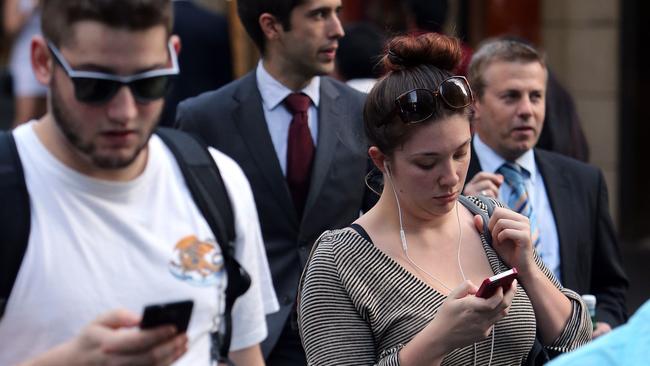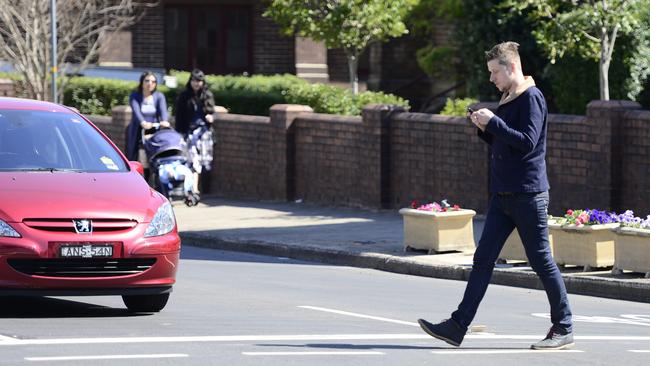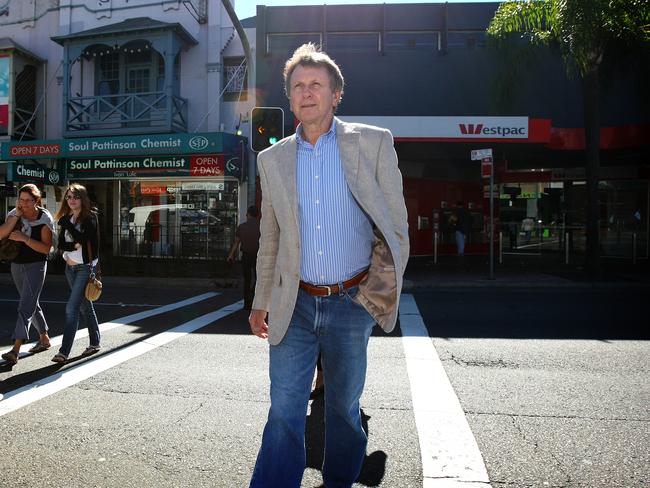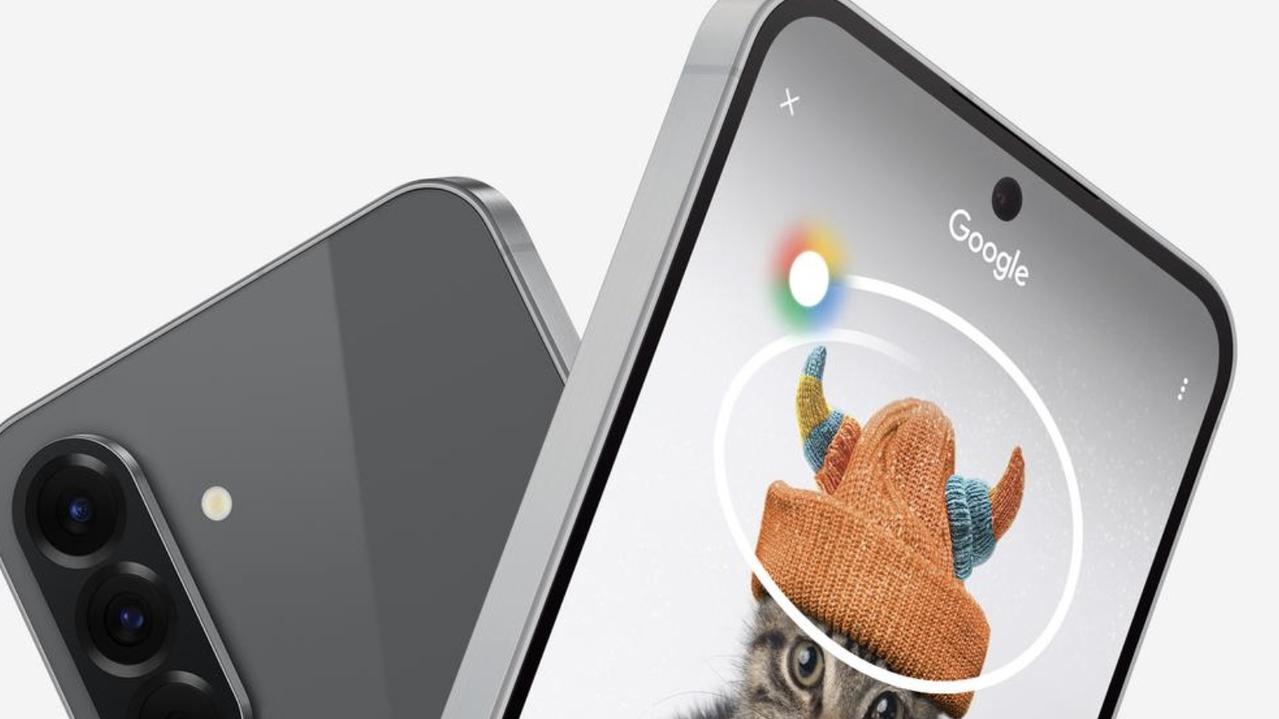Growing calls to crackdown on distracted pedestrians playing on their smartphones
POPULAR smartphone games like Pokemon Go have renewed calls for a crackdown on distracted pedestrians in Aussie cities.

Smartphone
Don't miss out on the headlines from Smartphone. Followed categories will be added to My News.
THE Australian public is being urged to put away their smartphones when walking near roads as the number of pedestrian deaths in the country continues to rise.
There has been 228 pedestrian deaths on Aussie roads in the 12 months to June 2016, according to government statistics. That is 29 more pedestrian fatalities than the same period a year earlier, equating to a 14.5 per cent increase.
While it is difficult to know the exact role smartphone distraction played in the increased figure, a national road safety report released earlier in the year found that 30 per cent of 18-30 year olds admitted to using their smartphone for texting or internet access at risky levels while crossing the road.
The figure in on par with studies done by the Journal of Injury Prevention which found one in three pedestrians were distracted when crossing the road.
The issue has been taken up with renewed energy in recent weeks due to the success of the hugely popular smartphone-based game Pokemon Go which requires players to visit real-world locations to carry out tasks on their device.
Pedestrian Council of Australia chair Harold Scruby has described the problem of people crossing roads while distracted as an “epidemic” and called for on the spot fines of $200 to be handed out by local council workers.

It may sound insane to begin issuing fines to people who walk in public while playing on their smartphone but that’s exactly what a growing number of cities around the world have been considering.
A bill proposed earlier in the year by a politician in the US state of New Jersey would see those caught texting and walking risk a $50 fine or 15 days in jail, the same penalty as jaywalking.
Five other US states have previously tried to pass legislation aimed at addressing the problem of “distracted walkers” but have so far proved unsuccessful.
Taiwan has also tried to crackdown on smartphone-using pedestrians by issuing fines. Meanwhile Germany has taken a different approach by installing traffic lights on the ground designed to catch people’s peripheral vision while they’re looking down at their phones.
In 2013 seven Sydney councils launched an advertising blitz aimed at distracted pedestrians reminding them to look both ways before crossing the road.
It’s proven a difficult policy question for governments. For some time Mr Scruby has been leading the call to have law enforcement address the issue in Australian cities.
“We understand police don’t have the time or resources to enforce this but council rangers could. If they can fine people for not having a dog on the lead or dropping a cigarette, why can’t they help the enforcement of this epidemic,” he told The Courier-Mail Monday.
“Along with a national offence called driving while distracted, handing out $200 fines to people who are seen to be distracted, and putting others in danger as a result, would be the first logical step in addressing this.”
Mr Scruby has proved to be a controversial figure at times and in the past a number of people have disagreed with his interpretation of the problem.
A Facebook group called Pedestrians against Harold Scruby has been online for more than two years and at the time of writing has 538 members.
The stated aim of the page is to “provide balance” to the “nonsense” put forth by the Pedestrian Council.

Originally published as Growing calls to crackdown on distracted pedestrians playing on their smartphones






